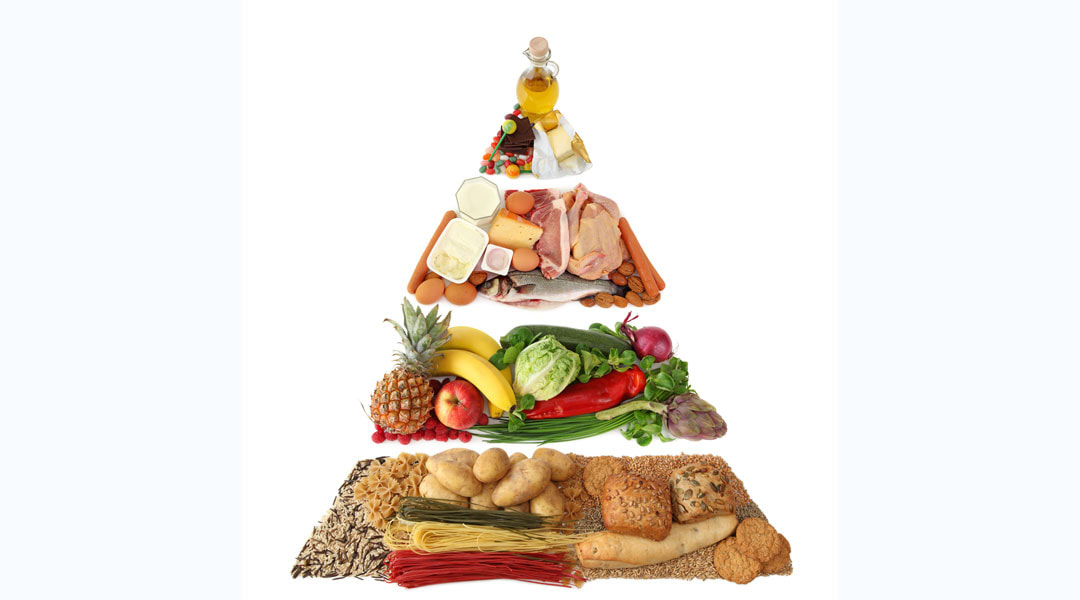 The Covid-19 pandemic has changed our eating habits from a renewed focus on a healthy diet to experimenting with cooking at home. As we enter the third year of the pandemic, consumers are flirting with a vegetarian diet as a natural way to boost one’s immunity. According to Statista, “the global food market generated more than eight trillion dollars in revenue in 2020, an increase of one trillion since the previous year. The Statista Consumer Trend Index estimates that food revenue worldwide will continue to grow over the next year and reach 9.1 trillion dollars by 2025.” Allen Marketing Communications, Inc., a boutique NYC food and beverage public relations agency, spotlights key trends in the food industry in 2022. Reducetarian Diet A reducetarian diet, a new approach to vegetarianism, enables eco-minded consumers to make a conscious effort to reduce the amount of meat, dairy and eggs in his or her diet. “Many people want to eat less meat and animal products but don't want to go fully vegetarian or vegan,” according to LI Herald. “Reducetarian food has gained popularity in the last year. And this means that animal products that are in small amounts and high quality may one day become the mainstream on the market,” according to Whole Food and the online food retailer ShelfNow, A reducetarian diet offers a way for individuals to eat healthier since “opt for higher quality meat and animal products such as organic dairy and grass-fed meats,” according to LI Herald. Potato Milk There’s a new player in the non-dairy milk market – potato milk. By blending potatoes, water, oil, and the right amount of sweetener, the potato milk has the same creamy flavor of the cow milk. Potato milk currently stands out as one of the most nutritious non-dairy milk products on the market. In fact, DUG, a Swedish food company, claims that their potato milk contains six percent of milk potato source added with pea protein, calcium carbonate, and natural flavors. Currently, potato milk is only available in Europe with plans to launch in China and the U.S. in the coming months. Hibiscus Hibiscus is a flower that grows in tropical destinations such as the Caribbean, Southeast Asia, and West Africa. It is also known as roselle, bissap and sorrell. “Hibiscus is a rich antioxidant that will help lower blood pressure and improve cardiac health,” according to Heathline. Traditionally used in medicine and tea drinks, hibiscus flower has been discovered as a new ingredient in desserts. Foodies are experimenting with hibiscus often including the brew from the dry flowers in cocktails, mocktails, desserts and chutney. Sunflower Seeds Butter Sunflower Seed Butter, also known as Sunflower Butter, is made by grinding the sunflower seeds in a food processor or blender into a food paste. It is a healthy alternative to peanut butter for those with allergies. Research shows “sunflower seeds butter can lower cholesterol level and reduce inflammation. It contains a large amount of fiber and magnesium that can lower blood sugar and regulate blood pressure as well.” Sunflower seeds butter is becoming more popular, popping up on supermarket shelves in items such as cheese, ice-cream, crackers and more. It is favored by school cafeterias as an alternative to traditional peanut butter. Mushrooms Foodies have always incorporated mushrooms into their diet because of the nutrients. During the pandemic, mushrooms have become extremely popular because of its health benefits. Specialty food magazine reports that “80 grams serving of mushroom per day provides sufficient vitamin B, zinc, potassium, selenium, and soluble fiber called beta glucan for a healthy adult. There are creative ways to add more mushrooms in your meals through mushroom powder added to dishes and beverages.” Levantine Foods Levantine foods refer to the cuisine of Levant, also known in Arabic as Bilad-al-Sham. This Eastern Mediterranean cuisine is often found in Cyprus, Jordan, Lebanon, Israel, northern Iraq, Palestine, and Syria. Americans have embraced popular Levantine dishes such as baba ghanoush, baklava, falafel, humus, and lentil soup. During the Covid-19 pandemic, foodies have been experimenting with Middle Eastern spices while cooking at home during the lockdown. Recently, there has been an explosion of flavors such as pomegranate molasses, Turkish Urfa chili flakes and Feta helping to make this Levantine cuisine even more popular. Our food and beverage public relations professionals are here to help savvy food marketers. Give us a call. By Max Wu at Allen Marketing Communications, Inc.
0 Comments
Leave a Reply. |
Archives
July 2024
Categories |
HoursM-F: 8:30 am - 6 pm
|
Telephone(917) 371-3753
|
|
Quick LInks |
 RSS Feed
RSS Feed